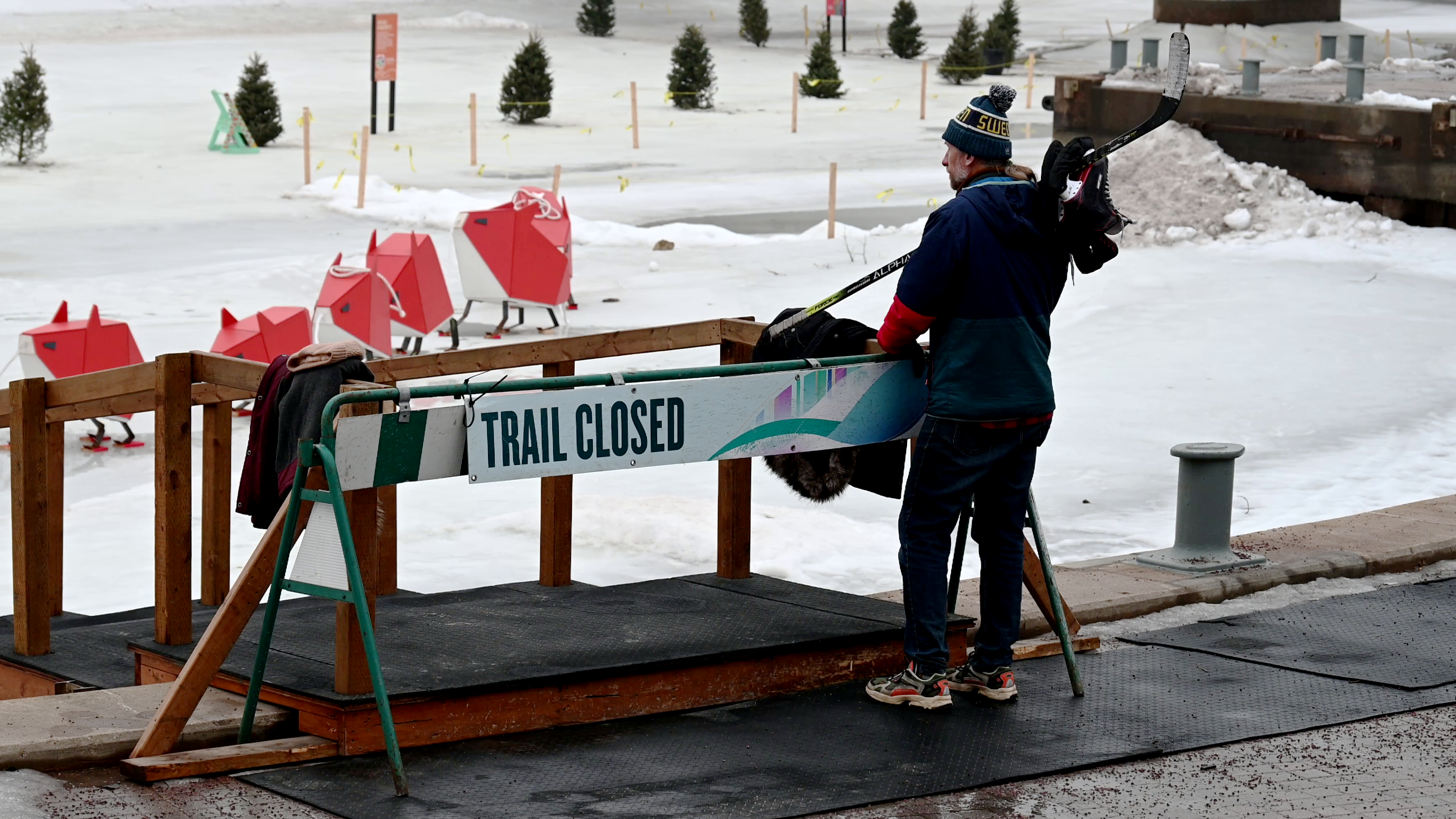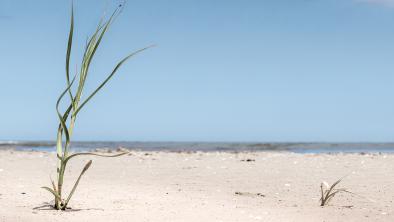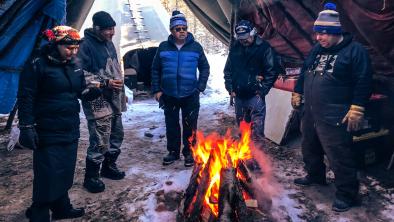The future we ask for

There's a lot of sadness around right now at the state of our winter. Skating rinks and ski trails are closed, the outdoor curling bonspiel was canceled. Record smashing heat in Manitoba was accompanied by more than a week when it hardly froze at night, destroying our winter fun.
For many of us, this loss is triggering grief. People are looking around, questioning if this is the future we’re going to have. Some are finally admitting climate chaos is here or resolving to act a bit more. Folks are realizing that climate change is going to cost us dearly. We know deep down that if we don’t change course, the price will be debilitating.
There’s more than recreation at stake, of course. The disruptively warm weather is causing immediate pain for remote First Nations that rely on hard frozen winter roads for their annual living supplies. It’s causing anxiety for farmers who are worried we won’t have moisture in the soil for planting. A lack of cold weather can cause harmful insect infestations that play havoc with natural balance.
Our biggest two steps right now are to talk about climate in our community and ask our government to act.
We have to talk about both our current climate problem AND the future we want. In your hockey team, curling club, workplace and with your family, we need to clear the air on climate and the need to act. Our individual actions will model changes in our community, but pushing the government for new climate policy is essential in this fight.
Partisanship won’t help us in our coming transformation. Everyone is affected and we need to talk policy to reduce emissions, not childishly complain about who came up with what idea. We have to be on the same team so we build a stable world for everyone.
The next step is to get our governments to eliminate the burning of fossil fuels that are driving temperatures higher, with a plan that has clear targets and timelines, and the financial resources to get there. In 2017, the Manitoba government produced a Climate and Green Discussion Paper — with no public input. There were no associated targets, timelines or funding to more than 100 of the suggestions in the document. The new government must make up for years of wasted time by quickly publishing a path forward.
Much of the climate work needed to change the system can be accomplished through redirecting public money away from fossil fuels and emissions-intensive project spending. In 2021, the International Energy Agency predicted 4 per cent of a country’s economic output will be generated by the clean energy sector going forward. Work is underway in the Manitoba government and through our allies at the Climate Action Team on the economics of a new geothermal utility in the province. This step in embracing low emissions heating and cooling will be transformative for the climate and the finances of Manitoba Hydro.
At the same time, a 2022 report from Canada’s Office of the Parliamentary Budget Officer said the economy will fall by 5.8 per cent in the next decade due to climate change. To counter those losses, we need to invest at least 2 per cent of the budget on new climate initiatives, while transitioning away from fossil fuels. In the coming Manitoba budget, we want our government to show us at least 2 percent of spending on new climate initiatives.
Finally we need strong regulations so that businesses and industry will get there. A simple step to get us off some fossil fuels is to stop the expansion of fossil fuel lines. They will be obsolete before they pay for themselves, so logically we should prevent this waste of resources and get acting on climate faster. Fossil gas, misleadingly branded as natural gas by oil and gas companies, is not a bridge to a low emission future. All newly constructed neighbourhoods and buildings must be done without fossil gas burning appliances and furnaces. This regulation will give industry and businesses the impetus and direction needed to get Manitoba to our clean future.
Our reality is that until we stop putting pollution into the atmosphere, we are not going to see improvement. And we’ll keep losing our cool.


